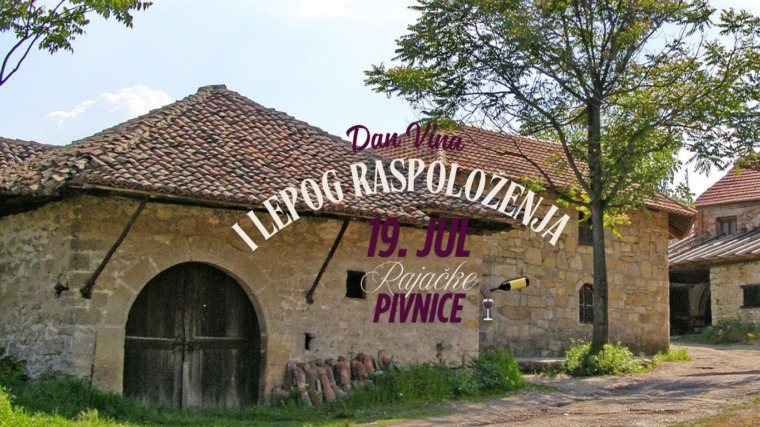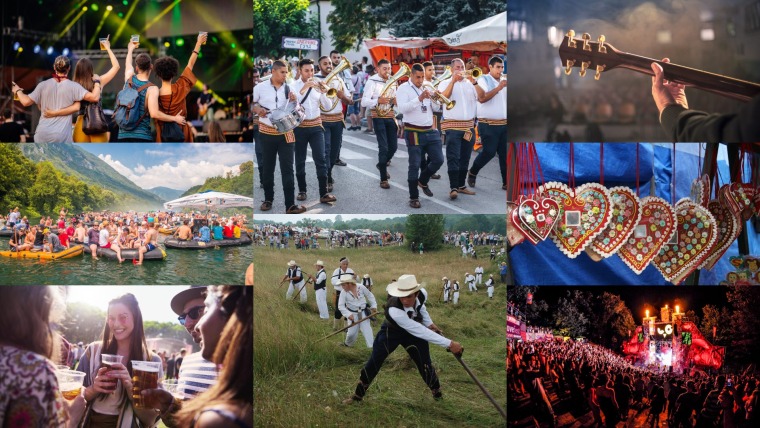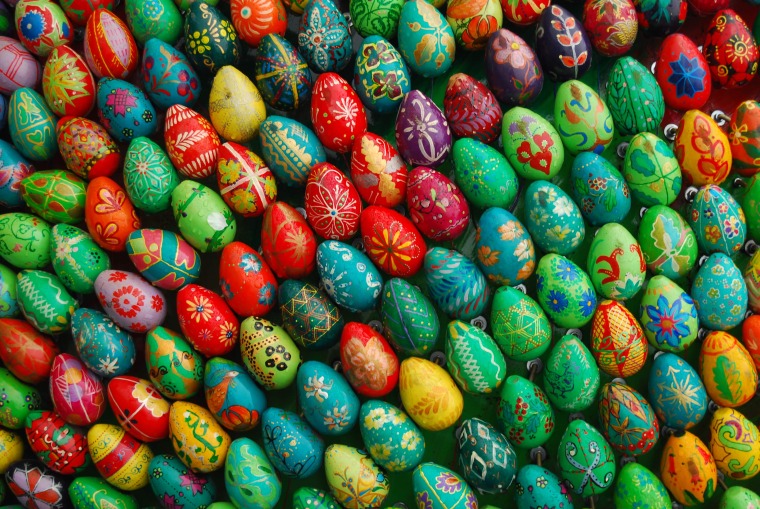

[dt_gap]
Even though he has built his career, and made a success unrelated to Eurosong, Željko Joksimović thinks this competition significantly helped his popularity and affirmation across Europe. Nevertheless, he always advises young singers and composers to be cautious.
In 2004 Željko Joksimović stepped in front of an audience of millions wearing a medieval Serbian folk costume and sang a song after which he was immediately nicknamed “Lane“. It was at the Eurovision Song Contest in Istanbul. Beside his clothing, the song he both composed and performed also reminded of somewhat forgotten elements of Serbian ethnocultural heritage.
Eight years later, he stepped on the Eurovision stage again, this time in Baku, wearing a black suite and looking much more serious, one might say, more mature. First time he competed he finished second. The second time he ended up third. Between these two events, Željko Joksimović has built a brilliant career as a musician, singer and composer. Still, it was the Eurovision that marked his life.
Željko Joksimović doesn’t hide that, despite performing in numerous music festivals, the Eurovision has a particular importance for him. One way or another, he participated in this competition four times, and even hosted it when it took place in Belgrade in 2008, after Marija Šerifović’s victory a year before.
When he wasn’t competing as a performer, he took part in Eurovision as a composer – band named Hari Mata Hari won the third place for Bosnia and Hercegovina with Joksimović’s composition “Lejla” in 2006, while a Serbian representative Jelena Tomašević and the song “Oro” ended up sixth in 2008. However, Joksimović says he feels best and most confident as both a composer and performer.
“Presenting my country in such major competition is a great honor and pleasure. It’s a great responsibility, so it is in that manner that I’ve approached the preparation and realization of both the song and performance, and everything else that had to do with it. I did my best at the stage in Baku, and justified the confidence entrusted me, I believe”, Željko Joksimović said for Serbia.com.
He represented Serbia performing “Nije ljubav stvar” (Love is not a thing) and finished third in the last Eurovision. Joksimović says he worked hard on the song, and believes he made the best of it. From this point of view, he finds it more demanding than the already famous “Lane moje“, which brought him the second place in Istanbul 2004. Nonetheless he wanted the message of this year’s song – “Languages are different but messages are always the same” – to reach everyone.
“The message, the emotion of this song is found in its very title that, despite being so short and simple – ‘Love is not a thing’ – is actually profound, meaningful and powerful, I believe. Until now, the song got its version in English, Russian, Spanish and sign language, and there are also an instrumental and a symphonic version. I really wanted this song to reach everyone”, Željko Joksimović stressed.
Even though he has built his career, and made a success unrelated to Eurosong, Joksimović thinks this competition significantly helped his popularity and affirmation across Europe, especially in the beginning. Nevertheless, he always advises young singers and composers to be cautious.
“I believe that performing in the Eurovision song contest and getting ready for it is a priceless experience, but a person, especially a young one, can easily get completely exhausted in the process, not thinking what comes later on. There is only one winner. Therefore no matter how good and useful Eurosong can be for a career, one should be very careful about it”, says Željko Joksimović.
He has little doubt on what to do next – a lot of work lays ahead. Joskimović has already announced some new songs and a surprise every now and then. And since he’s done so well in the international competitions, we expect some new performances, one can never know!









